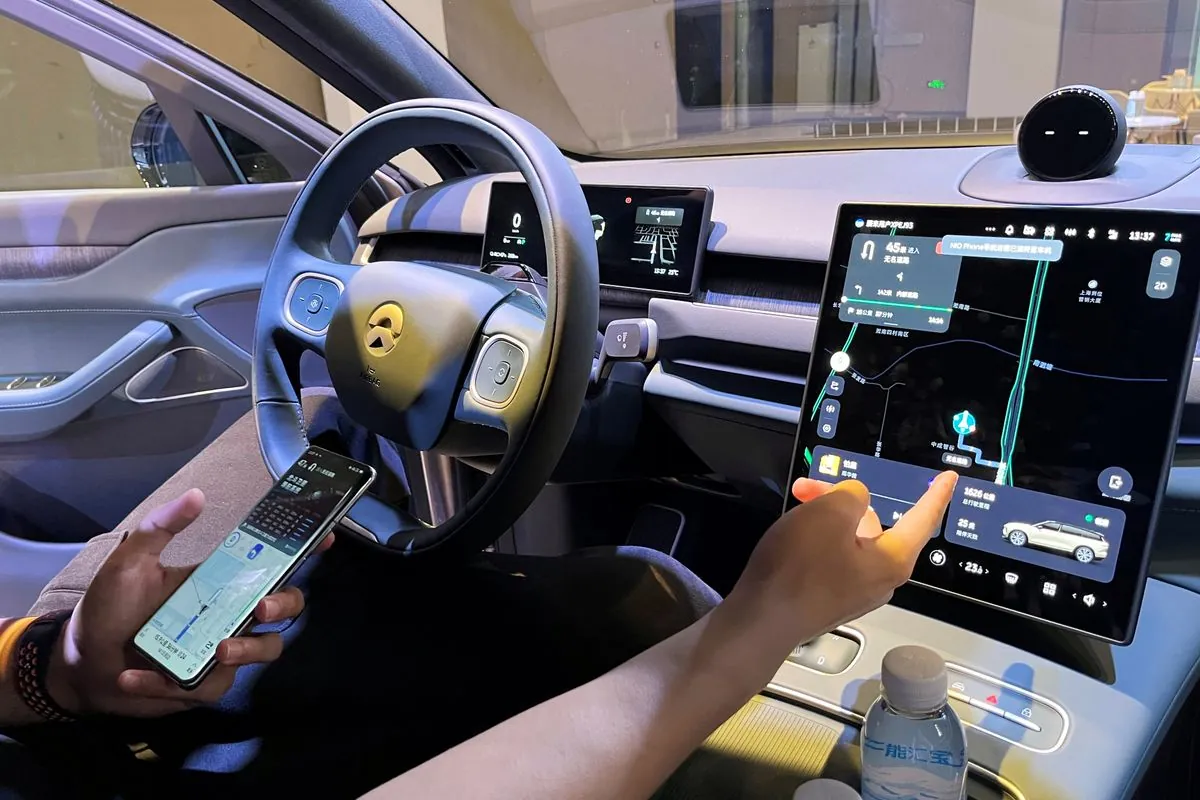The United States has proposed a new regulation that would effectively prohibit Chinese software and hardware in vehicles on American roads, citing national security concerns. This move, announced by the US Commerce Department two days ago, has sparked a diplomatic row with China, which has urged the US to cease what it terms "unreasonable suppression" of its companies.
The proposed ban would significantly impact the global automotive industry, potentially forcing major automakers to remove key Chinese components from vehicles connected to the internet and navigation systems in the US market. This development comes as the connected car market is projected to reach $191 billion by 2028, highlighting the economic stakes involved.
China, the world's largest automotive market and producer, has strongly criticized the US action. A spokesperson for the Chinese commerce ministry stated, > "The U.S. move has no factual basis, violates the principles of market economy and fair competition, and is a typical protectionist approach."
[[Chinese Commerce Ministry Statement]]
The spokesperson further emphasized that this move would disrupt the global automotive industry supply chain and harm US consumer interests.
The US concerns primarily revolve around data collection on American drivers and infrastructure, as well as the potential for foreign manipulation of vehicles. These worries are not unfounded, considering that connected cars can generate up to 25 GB of data per hour and the average modern car contains over 100 million lines of code.
This proposed regulation is part of a broader pattern of tensions between China and the US over national security issues. The US has previously enforced major export bans on semiconductors, and this latest proposal represents a significant escalation in restrictions on Chinese vehicles, software, and components.
The automotive industry is increasingly relying on artificial intelligence and machine learning, with technologies such as Vehicle-to-Everything (V2X) communication and Over-the-Air (OTA) updates becoming standard features. These advancements, while innovative, also raise cybersecurity concerns that regulators must address.
As the situation unfolds, it's worth noting that other regions, such as the European Union, have their own regulations for connected and autonomous vehicles. The global nature of the automotive industry means that such regulatory decisions can have far-reaching consequences.
China has set an ambitious goal to have 30% of vehicles sold be autonomous by 2025, while the US continues to regulate vehicle safety standards through the National Highway Traffic Safety Administration (NHTSA). As both nations push forward with their automotive technology agendas, the industry may need to navigate an increasingly complex regulatory landscape.
The Chinese commerce ministry has called for the US to "immediately revoke its restrictive moves." However, given the current geopolitical climate and the increasing importance of data security in the age of connected vehicles, a quick resolution to this dispute seems unlikely.
As the automotive industry continues to evolve, with concepts like "software-defined vehicles" gaining traction and technologies such as blockchain and quantum computing potentially enhancing vehicle security, the regulatory framework will need to adapt rapidly. The outcome of this US-China dispute could set important precedents for the future of global automotive technology and trade.
